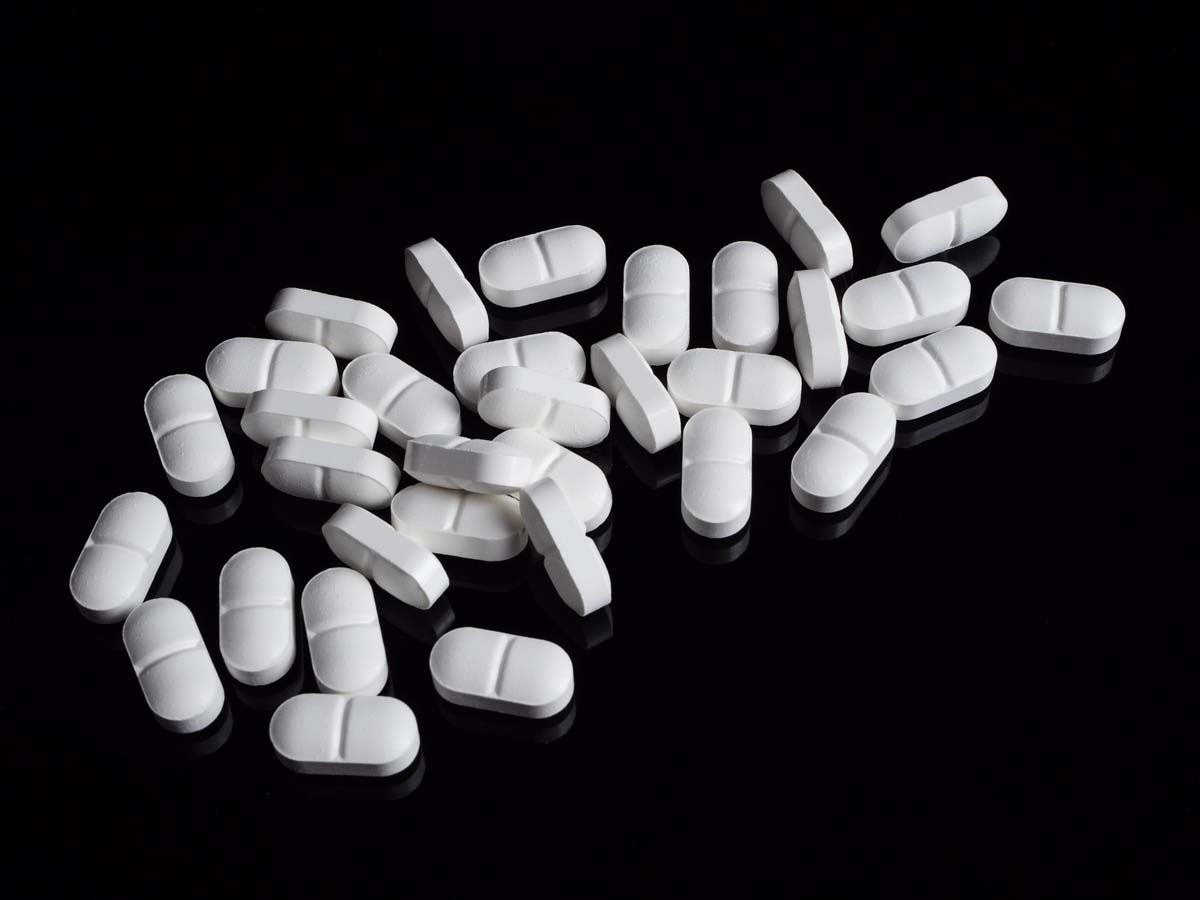Addiction treatment is constantly evolving to meet the needs of individuals struggling with substance use disorders, and medication-assisted treatment (MAT) has emerged as a groundbreaking tool for achieving long-term recovery. MAT combines FDA-approved medications with counseling and behavioral therapies to provide a comprehensive approach to addiction care. It is especially effective in situations where the risk of relapse or withdrawal complications is high. While MAT is not a one-size-fits-all solution or a magic cure, it can be the safest and most effective option for certain individuals battling substance use disorders, particularly those involving alcohol or opioids. This evidence-based treatment offers a way to stabilize physical symptoms, reduce cravings, and create the foundation for sustainable recovery.
At Evolve Indy, we integrate MAT as part of our personalized addiction treatment programs. Below, we outline key scenarios where MAT proves to be an essential strategy for recovery:
- For Those Struggling With Opioid Addiction
The opioid crisis has highlighted the urgent need for effective addiction solutions. Opioid addiction can stem from the misuse of prescription painkillers, such as oxycodone or fentanyl, or from illicit drugs like heroin. Addiction to opioids is particularly challenging due to the intense withdrawal symptoms that occur when individuals try to quit. These withdrawal symptoms—ranging from severe nausea and muscle pain to life-threatening complications—make it extremely difficult to avoid relapse without proper support.
This is where medication-assisted treatment can make a life-changing difference. Medications such as buprenorphine, methadone, and naltrexone are used to reduce cravings, alleviate withdrawal symptoms, and stabilize brain chemistry. These medications allow individuals to focus on the therapy, skill-building, and emotional healing that are essential for long-term recovery. By addressing the physical challenges of addiction, MAT helps individuals take the first steps toward rebuilding their lives.
- For Those Battling Alcohol Use Disorder
Alcohol addiction is one of the most common forms of substance use disorder, yet many people underestimate how dangerous withdrawal from alcohol can be. In severe cases, individuals may experience delirium tremens (DTs), seizures, or life-threatening heart complications. This makes alcohol addiction one of the few substance use disorders where a medically supervised detox is critical to ensure safety.
For individuals with alcohol dependence, medication-assisted treatment often begins with short-term use of benzodiazepines to safely manage withdrawal symptoms and gradually ease the central nervous system off alcohol. As recovery progresses, medications such as acamprosate and disulfiram may be introduced to reduce cravings or deter alcohol use. Acamprosate helps restore balance to brain chemistry, while disulfiram creates unpleasant reactions if alcohol is consumed, providing an additional deterrent. MAT is especially critical for individuals with a history of severe withdrawal symptoms, frequent relapse, or other health complications, as it significantly improves outcomes and reduces the risks associated with alcohol dependence.
- For Chronic Relapsers and Those With Co-Occurring Disorders
For individuals who have undergone traditional drug and alcohol rehab programs multiple times but continue to relapse, medication-assisted treatment can be a game-changer. Chronic relapsers may struggle with underlying issues, such as emotional triggers, unaddressed trauma, or co-occurring mental health conditions like anxiety, depression, or PTSD. These mental health challenges can make long-term recovery seem out of reach.
In such cases, MAT provides biological support by stabilizing mood and reducing cravings, allowing individuals to engage more effectively in counseling and therapy. Medications like buprenorphine, naltrexone, or mood stabilizers can help regulate brain chemistry while deeper psychological work takes place. This combination of medical and therapeutic support can break the cycle of relapse and pave the way for lasting change, especially for individuals whose struggles cannot be resolved through therapy alone in the early stages of recovery.
- MAT as a Long-Term Strategy
While medication-assisted treatment is vital for short-term detox and stabilization, it can also play a significant role in long-term recovery. For individuals with severe addiction histories, limited support systems, or mental health challenges, long-term MAT offers a stable foundation for building a drug-free life. Medications like naltrexone or methadone may be used over an extended period to support abstinence and reduce relapse risks.
When combined with regular therapy, lifestyle changes, and support networks, long-term MAT provides individuals with the tools they need to maintain their recovery and rebuild their lives. This approach ensures that individuals not only overcome physical addiction but also develop the skills and resilience necessary to maintain sobriety in the face of life’s challenges.
Start Your Journey to Lasting Recovery Today
For those facing opioid or alcohol addiction—or for individuals who feel stuck in a cycle of relapse despite previous treatment efforts—medication-assisted treatment may be the key to unlocking lasting recovery. At Evolve Indy, we understand that every individual’s journey to sobriety is unique, which is why we provide customized treatment plans tailored to your specific needs.
Our medication-assisted treatment options are a core part of our comprehensive addiction care programs, designed to prioritize both safety and long-term success. Take the first step toward recovery today by reaching out to our compassionate admissions team. At Evolve Indy, we’re here to help you build a brighter, healthier future—one step at a time.

